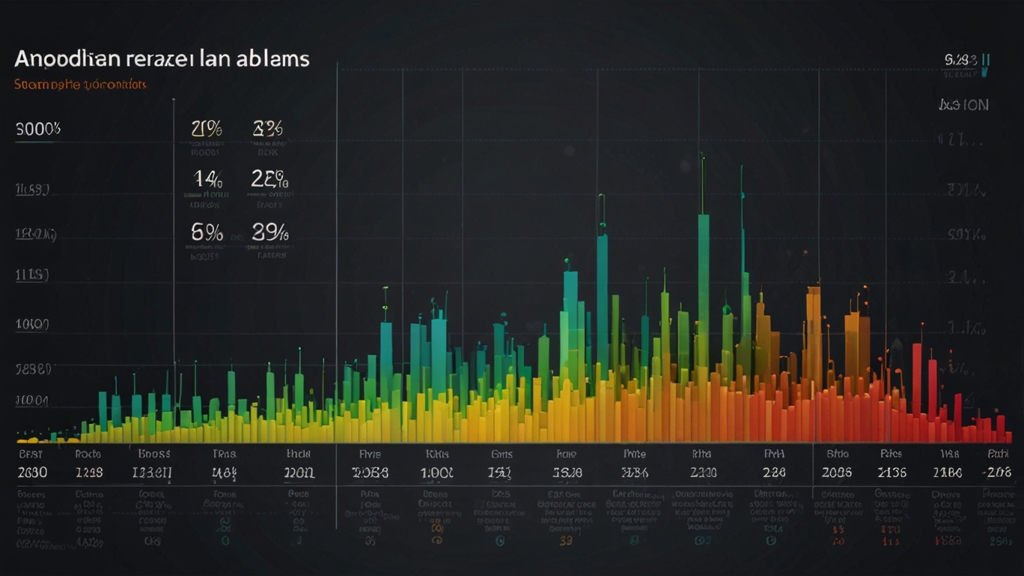The Spiritual Warfare of Psalms Explained
The Book of Psalms in the Bible, a collection of 150 unique hymns, prayers, and poems, is not just a literary masterpiece but also a reservoir of spiritual warfare strategies. From King David to anonymous Levites, the authors of Psalms recount personal struggles, communal distress, and divine warfare. This article explores the elements of spiritual warfare within the Psalms, providing insights into their timeless relevance and application.
The Battlefields of the Heart and Mind
The Psalms often depict the internal struggles of the human heart and mind. Psalm 42:5 illustrates this battle vividly:
Why, my soul, are you downcast? Why so disturbed within me? Put your hope in God, for I will yet praise him, my Savior and my God.
This verse encapsulates the conflict between despair and hope. The Psalmist engages in self-reflection, battling emotional turmoil while clinging to faith in God. This internal struggle represents a significant dimension of spiritual warfare, where believers must counter negative thoughts and emotional upheavals with faith and trust in God.
Divine Protection and Human Vulnerability
Psalms also emphasize God's protective role amid human vulnerability. Psalm 91 is particularly notable for its portrayal of divine protection:
He who dwells in the shelter of the Most High will rest in the shadow of the Almighty. I will say of the Lord, “He is my refuge and my fortress, my God, in whom I trust.”
This Psalm provides a strong image of God as a protector against various forms of harm, a key concept in spiritual warfare. By dwelling in God’s presence, believers can find refuge and strength, illustrating the divine-human partnership crucial for overcoming life's adversities.
The Weapon of Worship
Worship is a recurring theme in the Psalms and serves as a potent weapon in spiritual warfare. Psalm 149:6-7 echoes this sentiment:
May the praise of God be in their mouths and a double-edged sword in their hands, to inflict vengeance on the nations and punishment on the peoples.
Here, worship is portrayed as both a spiritual expression and a combative act. Through praising God, believers wield spiritual authority, invoking divine intervention in earthly matters. This duality underscores the transformative power of worship in spiritual battles.
The Prayer of the Righteous
The prayers found in Psalms are not mere requests but fervent cries for justice, deliverance, and divine intervention. Psalm 144:1-2 is a powerful example:
Praise be to the Lord my Rock, who trains my hands for war, my fingers for battle. He is my loving God and my fortress, my stronghold and my deliverer, my shield, in whom I take refuge, who subdues peoples under me.
This passage illustrates the essential role of prayer in equipping believers for spiritual warfare. By seeking God's guidance and strength, individuals can confront and overcome life's adversaries and challenges.
Conclusion
The Book of Psalms transcends its historical and cultural context, providing timeless strategies for spiritual warfare. Whether dealing with internal turmoil, seeking divine protection, engaging in worship, or praying for deliverance, the Psalms offer profound insights into the multifaceted nature of spiritual battles. Recognizing and utilizing these divine strategies can empower believers to navigate their spiritual journeys with resilience and faith, fortified by the wisdom and strength of God's Word.














